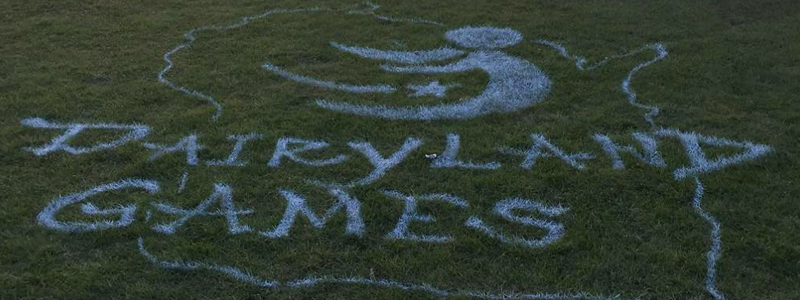
Henry
The final call for the 50-meter freestyle at the third annual Dairyland Games had been announced, but Henry was still not at his starting block.
Despite repeated attempts to soothe his anxiety, Henry refused to get in the swimming pool, and there was no changing his mind.
I watched from the other side of the pool as he recoiled away from the event officials and into his mother's arms. He buried his face in his hands, hiding himself from a few friendly supporters that gathered nearby to cheer him on.
Henry lives with hemiparesis and his feelings of anxiety and fear are pretty normal, considering he's competing in a sport in front of a crowd. For Henry and other individuals with disabilities of all types, the idea of competing in sports is often unimaginable.
In our current culture, individuals who are identified as "disabled" are often subjected to a large number of perceived and assumed limitations. Society views these individuals, whether consciously or unconsciously, through the lens of their personal barriers rather than through their potential to achieve.